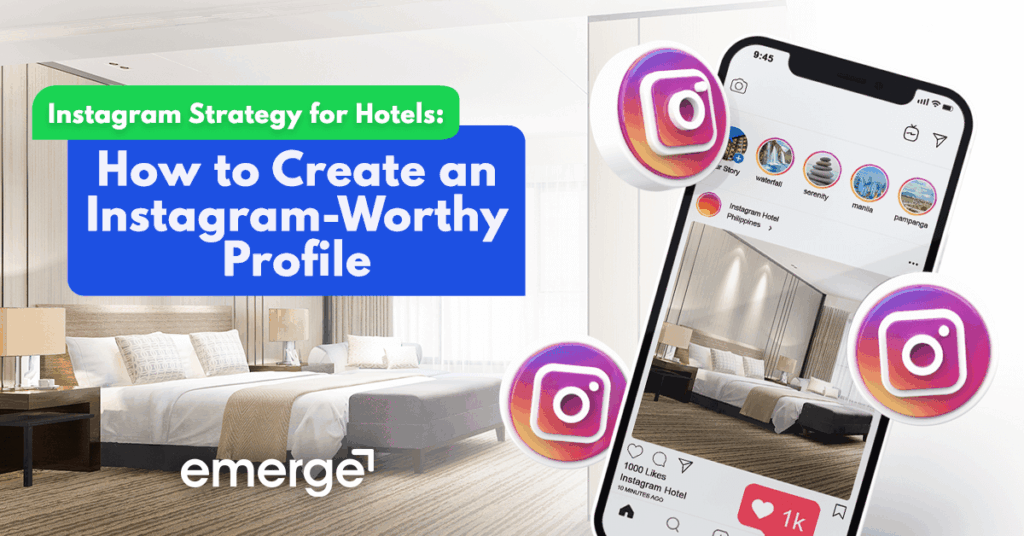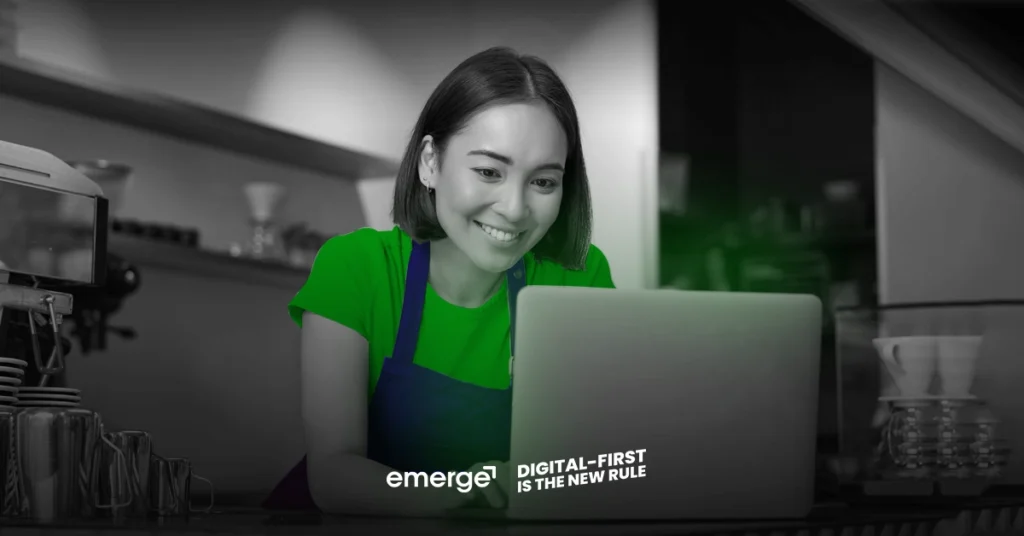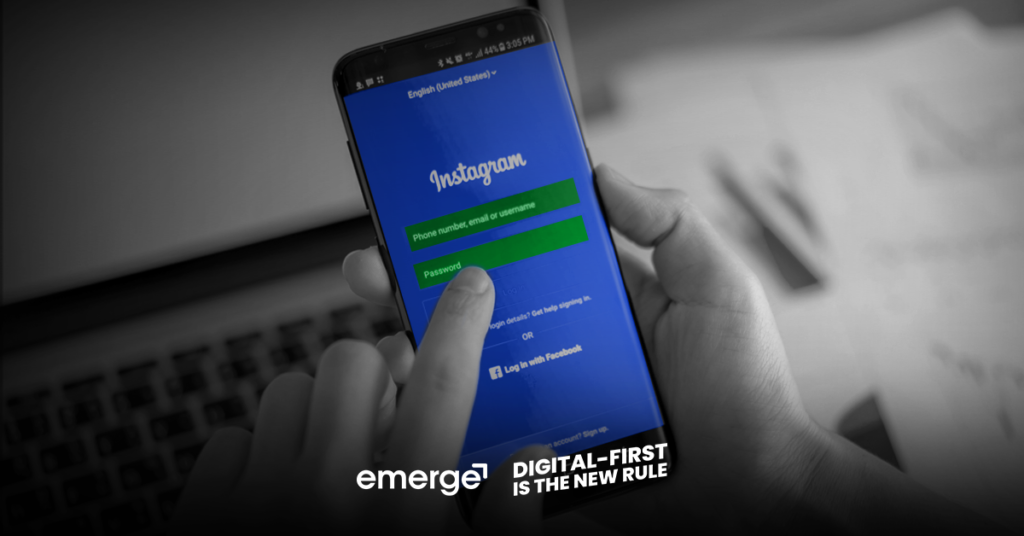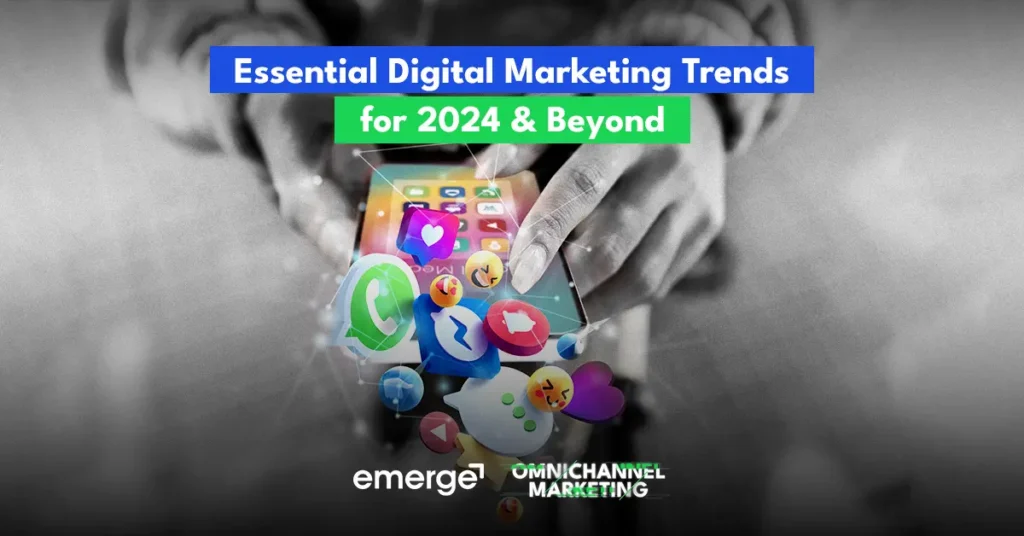
As we move into 2024, the pace of change and innovation in digital marketing continues to accelerate. For digital marketing agencies looking to deliver cutting-edge campaigns, staying on the pulse of the latest trends is crucial. In this post, we’ll explore the key trends to shape marketing in 2024.
The Evolving Landscape of Influencer Marketing
The digital age has ushered us into a new era of communication, with social media platforms shaping how we connect and interact. Within this ever-evolving space, influencer marketing has emerged as a powerful tool for capturing attention and fostering trust with target audiences. As we step into 2024, the landscape of this marketing force continues to transform, presenting businesses with exciting new trends, strategies, and opportunities to explore.
The Shift to Micro and Nano Influencers
The influencer landscape has transitioned from celebrity endorsements to a more targeted approach. Initially dominated by mega-influencers with millions of followers, the trend has shifted to micro-influencers (10,000 – 100,000 followers) and nano-influencers (1,000 – 10,000 followers). These individuals connect with highly engaged, niche communities, fostering a sense of authenticity and trust that often surpasses that of their high-follower counterparts. Their content resonates deeply within their specific audience segments, allowing brands to reach a more targeted and receptive demographic.
Authenticity is the Key
Audiences are no longer interested in scripted endorsements and seek authentic connections with influencers. In response, brands are creating long-term partnerships with influencers to genuinely integrate products into their lives. This shift reflects the growing demand for transparency, where authentic content and real connections hold more value than shallow promotions. Ultimately, this leads to more meaningful purchasing decisions.
The Role of Artificial Intelligence
A 2023 survey has shown that marketers are actively using and/or experimenting with AI technologies. The main areas where marketing teams leverage AI are content personalization, chatbots, content production and creation, and product or content recommendations. Overall, AI is being used in many aspects of marketing, both internally (content development and production) and externally (chatbot). That said, it should be noted that AI tools have become a valuable addition to marketing strategy for the last few years.
Hyper-Personalization at Scale
The digital marketing landscape is undergoing a revolutionary shift driven by the transformative power of Artificial Intelligence (AI). One of its most significant applications lies in the ability to personalize customer experiences at scale. By leveraging sophisticated algorithms, AI can analyze vast amounts of data to gain a deep understanding of individual preferences and behaviors. This empowers marketers to tailor their messaging, offers, and website elements to each user, creating highly personalized and engaging interactions.
Chat Bots and Improved Customer Service
AI-powered chatbots are becoming more sophisticated and human-like, providing 24/7 customer service and support. Chatbots are also expected to integrate with various platforms and channels, such as social media, email, SMS, and mobile apps. This will enable the chatbots to reach a wider audience and provide a seamless and consistent customer journey across different touchpoints.
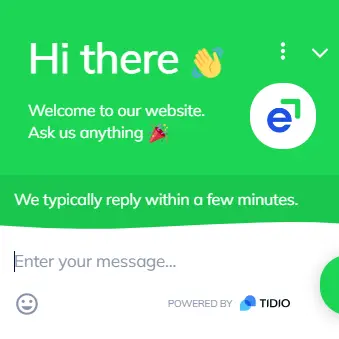
The Continuing Trend of Video Marketing
Video is one of the most engaging and effective forms of content marketing, as it can convey emotions, stories, and information captivatingly. Brands that produce high-quality video content showcasing their products, services, stories, and values will increase their visibility and reach.
Short-form Video Content
A short-form video is any video less than 60 seconds long, and it is ideal for capturing the attention of busy and distracted consumers. Platforms like TikTok, Instagram Reels, and YouTube Shorts have made short-form videos popular and accessible, and brands can use them to showcase their products, services, or personalities creatively and flexibly.
Live streaming
Live streaming is a powerful way to connect with your audience in real-time and show them the human side of your brand. Live video can be used for various purposes, such as Q&A sessions, product launches, behind-the-scenes tours, or interviews. A survey revealed that 80% of respondents would rather watch a live video from a brand than read a blog post.
The Emergence of Omnichannel Marketing
Omnichannel marketing is not new, but it is becoming more important than ever in 2024. It refers to a strategy of providing seamless and consistent customer experience across multiple channels and platforms such as websites, social media, email, mobile apps, chatbots, voice assistants, and more.

Seamless Customer Experience
Customers say that the experience a company or business provides is as important as its products or services. Customers want to interact with brands on their preferred channels and devices, and they expect a personalized and relevant experience that meets their needs and preferences.
Fierce Competitive Landscape
The digital landscape is crowded with thousands of brands competing for attention and loyalty. To stand out, brands must deliver a unique and memorable customer journey that builds trust and loyalty. Omnichannel marketing can help brands differentiate themselves from competitors and create a competitive advantage.
Key takeaways
In 2024, ditch big-budget influencers for authentic micro-partnerships, prioritize genuine brand values, leverage AI for personalized experiences, captivate audiences with short-form video, and create seamless omnichannel journeys to win in the competitive digital marketing landscape, all while remembering: that authenticity and personalization are key.
Let us help you elevate your business with our omnichannel marketing approach. Book a free consultation now with our experts!

